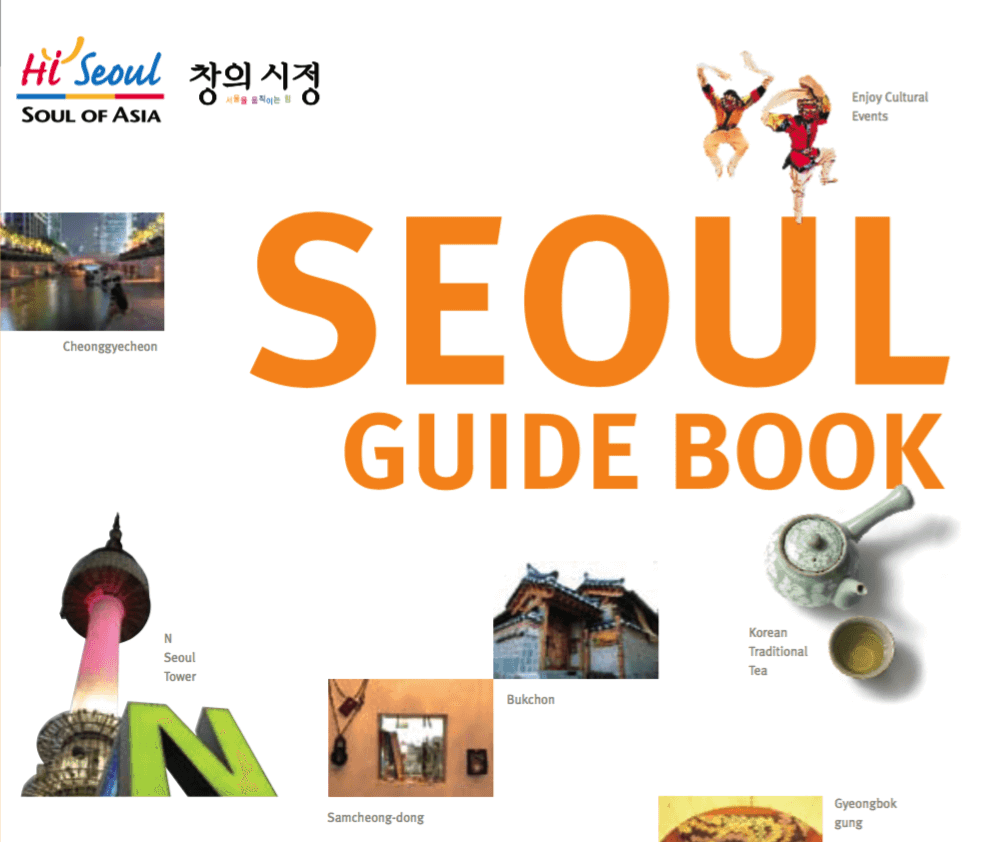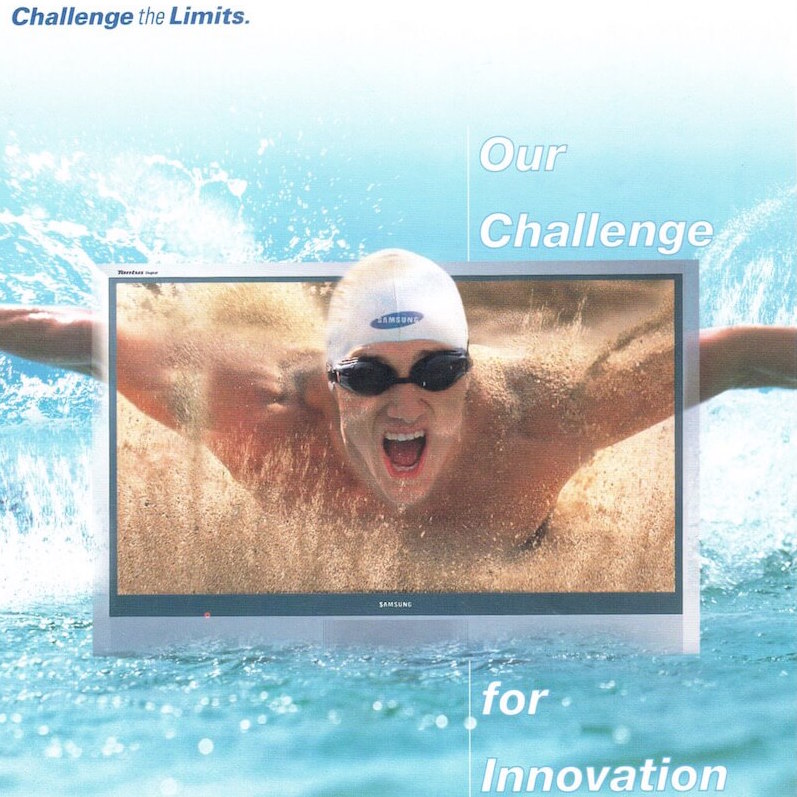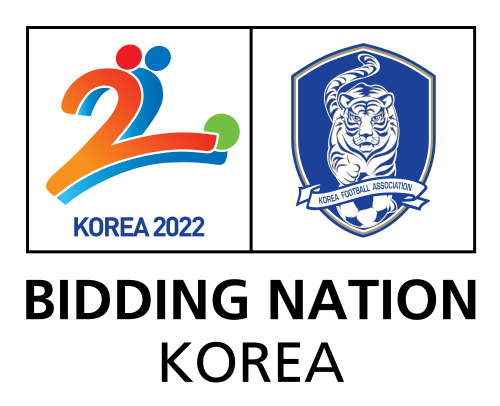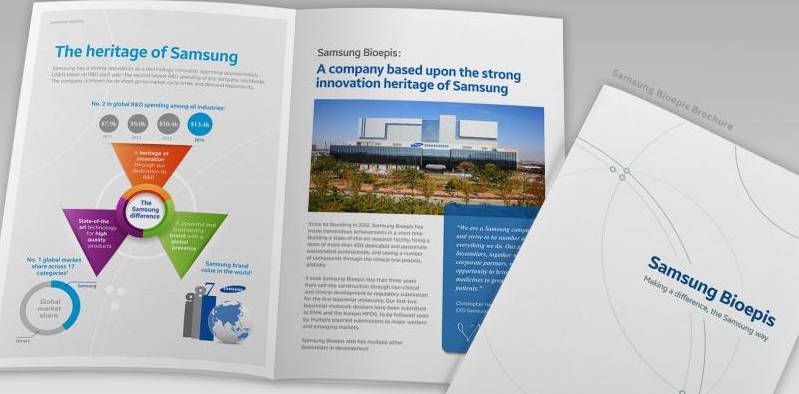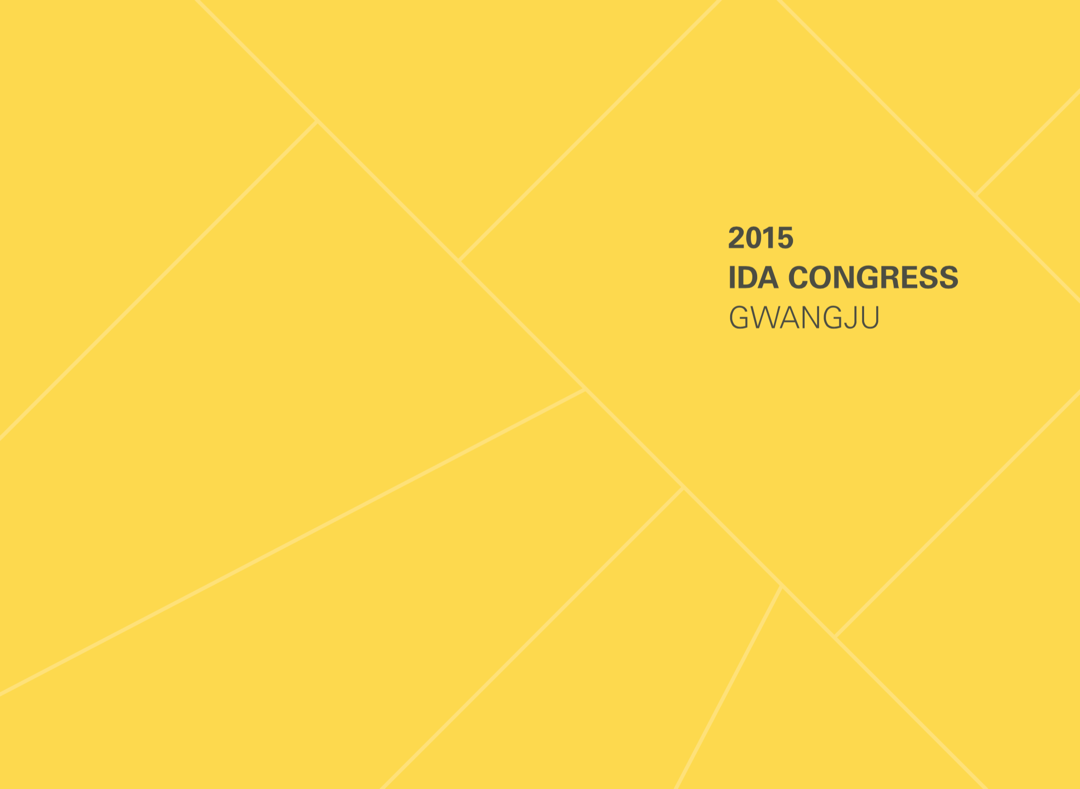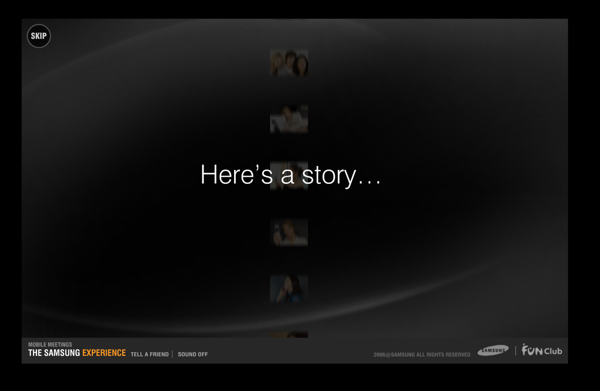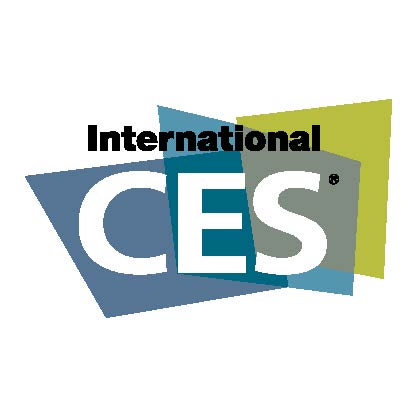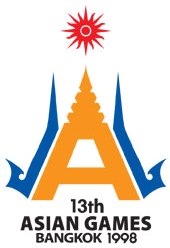
Samsung Ad for the
Bangkok Asian Games
The Challenge
Taking a concept that was already fixed and adapting the copy to suit the image, while keeping the voice of Samsung as a sponsor of the Bangkok Asian Games in 1998 and a global brand coming of age in mind and overcoming language barriers with the client early in my career in the Korean market.
The Solution
For any client to be happy, a copywriter must convince them of the value of what they are pitching. Due to constraints of limited contact and difficult communication, however I was forced to learn the hard way that client pushback is sometimes necessary, and more so that we cannot win every fight.
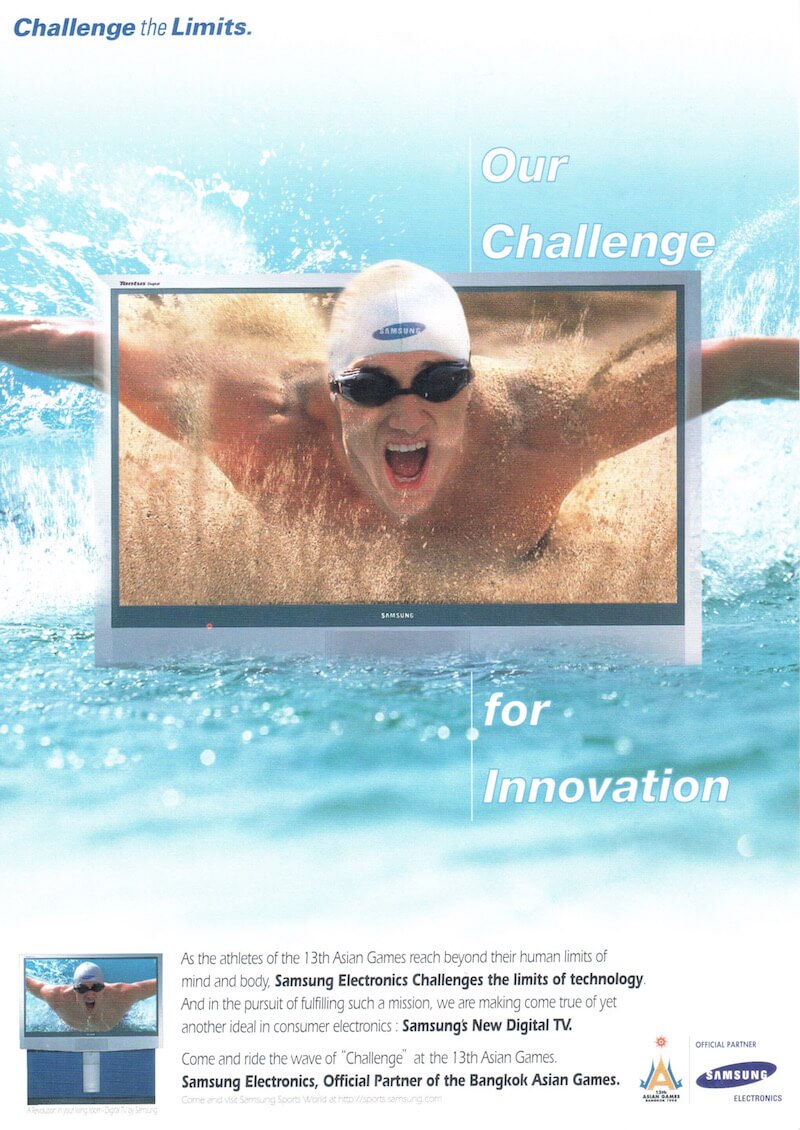
Bangkok Asian Games - Samsung Advertisement
“Tap into your inner Technology”
When Samsung became a sponsor for the Bangkok Asian Games in 1998, it was a pivotal moment for the company’s rebranding as a leading technology provider. Collaborating with Cheil Communications, Samsung’s marketing arm, I was tasked with creating the print campaign’s copy, focusing on aligning Samsung’s high standards with the peak performance of athletes.
The challenge was adapting my work to a pre-determined visual concept – a swimmer in mid-stroke – while articulating Samsung’s evolving global brand voice. I developed the headline “Tap Into Your Inner Technology,” drawing a parallel between athletes tapping into their strength and Samsung’s technological advancements.
This experience was a significant learning curve in understanding the nuances of cross-cultural communication and client relationships. It taught me the importance of establishing clear feedback channels and adapting to client changes, shaping my approach to international copywriting and marketing strategy.

Print Proposal
A Note from PETER LIPTAK
Writing for The Four Major Rivers Restoration Project was a task that required a deep understanding of environmental issues and the ability to communicate complex concepts clearly. It was vital to present a balanced view that acknowledged the concerns while emphasizing the positive outcomes expected from the project. This work reinforced my belief in the power of well-crafted copy to shape public perception and support for significant environmental initiatives.
THE RIVER'S FLOW: The Four Rivers Restoration Project
OFFICE OF NATIONAL RIVER RESTORATION MINISTRY OF LAND, TRANSPORT AND MARITIME AFFAIRS
A Tale of Four Rivers
Growing ever more soulful and scenic,
four rivers forever infused with history’s narrative
run deeper by day with renewed hope
and the cleansing chronicle of nature’s nourishing water.
Korea’s Ambitious River Revitalization Project
Investing in a safe and sustainable Korea, now and in the future
The Four Major Rivers Restoration Project is a comprehensive, pan-governmental project, representing the collaborative commitment of municipal, provincial and national government bodies with contributions from social organizations to protect Korea and its future generations from water related disasters caused by climate change while promoting green growth.
- PROLOGUE - Water Resources and National Security
As a farming nation, despite Korea’s annual rainfall (1,245mm/1yr) being significantly higher than the world average of 880mm, its people regularly held rain rituals. The simple reason was a lack of sufficient storage capacity to save rainwater for use in dryer months. Korean rain is primarily seasonal with 70% of annual rain falling in the short rainy season. Fortunately, modern infrastructure developed to equip cities with reservoirs and government initiatives striving to maintain forest conservation nationally, those rituals have become a thing of the past. Even so, in order to ensure people’s enjoyment of affluent lifestyles, Korea must endeavor to provide more abundant, cleaner water for residential and industrial consumption.
More importantly, the preemptive storage of water resources is becoming increasingly vital due to global warming and the resulting climate change, which is creating above-average temperatures and increases in the frequency of intenserainfall around the world. Since October 2009, five provinces of China have experienced water shortages as a consequence of unusually severe droughts leaving 25 million people and 16 million cattle reportedly suffering from the effects (Bloomberg, Business Week; April 26, 2010). The Yangtze flowing along the city of Chongqing has begun to reveal its riverbed; reservoirs are dried up and desolate; 768 hectors of agricultural land have been damaged from the drought, and some 5 million people of the Yunnan Province are faced with food shortages.
What the future will bring, what scorching droughts, what intense storms, and when is imminently unclear. Such uncertainty about the availability of our most important natural resource will prove in retrospect that water was far more precious than oil. Unlike crude oil, water cannot be substituted for anything else, like energy resources. Water is as crucial a matter of survival as national security. Without adequate water resources, we humans cannot survive, let alone dream of building a rich and powerful nation. Hence, securing our future water resources cannot be measured in monetary amounts – it is measured in lives.
More From Our Portfolio


